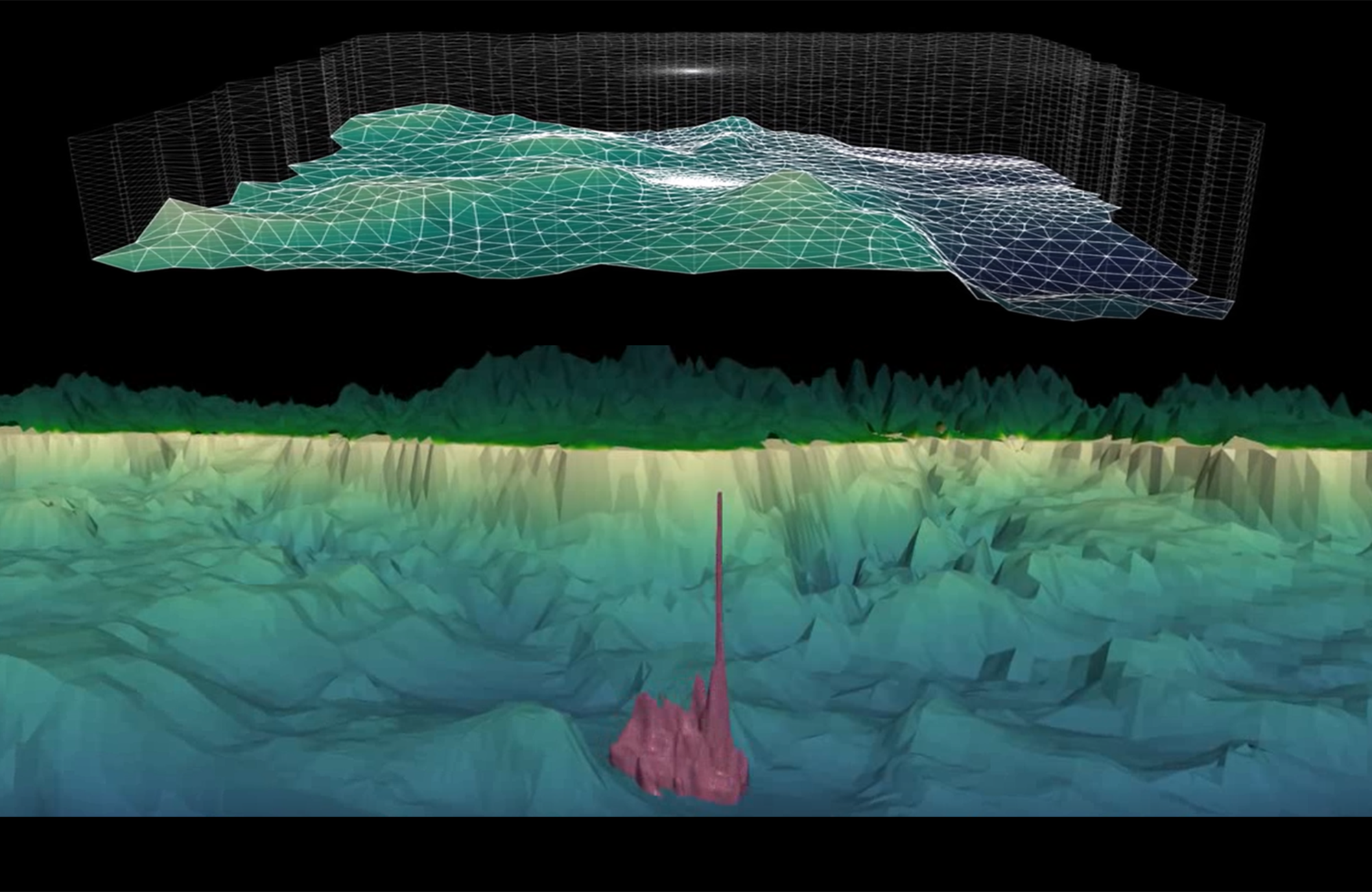Story
PML scientists contribute to Royal Society’s Geological Carbon Storage briefing paper
1 November 2022
Plymouth Marine Laboratory’s Marine Systems Modelling team have contributed to the Royal Society’s Geological Carbon Storage briefing paper, with the aim of informing the development of future Carbon Capture and Storage (CCS) governmental policy.

Carbon Capture and Storage (CCS) reservoir
The briefing explores the options for geological carbon dioxide (CO2) storage, with the aim of permanently removing CO2 from the atmosphere, and an emphasis on injecting CO2 offshore into either deep saline aquifers or depleted oil and gas fields.
Head of Science: Marine Systems Modelling, Jerry Blackford said:
“We are proud to have been invited to collaborate on this briefing, needed now more than ever as the temperature on earth continues to rise.”
Global greenhouse gas emissions have increased by 12% in the last decade - amounting to the highest increase in decadal average emissions on record. If we are to limit warming to 1.5°C or less, future projections suggest that global greenhouse gas emissions must peak between 2020 – 2025, fall by 45% by 2030 and reach net zero by 2050.
To achieve these reductions and transition to a net zero energy system, there will need to be a significant decrease in carbon emissions. There will also be some end users, mainly those from industrial processes, agriculture, and heavy-duty transport, that will struggle to decarbonise by 2050 targets.
Jerry continues: “The deployment of carbon capture and storage will be vital to both capture emissions from residual point sources and for CO2 removal from the atmosphere. CCS is required to achieve net-zero, and a key ally in our fight against climate change”.
You can read the full policy paper here >>
What is CCS?
Carbon capture and storage is regarded as one of the more effective tools in the fight against climate change. The process involves separating the CO2 generated during the industrial process, such as power plants, hydrogen and ammonia production and steel plants, then transporting the gas through pipes, in tankers via roads or ships and finally injecting the CO2 directly into rock formations or depleted oil and gas reservoirs deep underground. Is CCS safe?
Plymouth Marine Laboratory has a long research history that demonstrates that there is a very low risk of environmental impact from CCS operations. We are also developing methodologies that allow for both cost effective and sensitive environmental monitoring, providing a high degree of assurance that CCS is safe.PML are world leaders in offshore CCS environmental research, having led the first ever real world CO2 release experient in marine waters in 2012 and having leading roles in many CCS R&D projects over the last few years. Recently we were involved in an experiment in the North Sea, 130km northeast of Aberdeen, where a release of CO2 was simulated over a period of 12 days at a depth of 120 metres and three metres below the seabed, which demonstrated that new technologies were able to detect even small releases of CO2.
Find out more about PML's world-leading offshore CCS research >>
Related information
Royal Society’s Geological Carbon Storage briefing paperAbout the Royal Society briefings
The Royal Society’s series of policy briefings are a new mechanism that aim to provide the latest scientific research to policymakers in the first instance; before new policy guidance is sought.
The Royal Society describe the urgent need for the briefings:
“Politics and science frequently move on vastly different timescales. A policymaker seeking evidence on a new policy will often need the answer in weeks or months, while it takes years to design and undertake the research to rigorously address a new policy question. The value of an extended investigation into a topic cannot be understated, but when this is not possible good evidence is better than none.”
“The Royal Society’s series of policy briefings is a new mechanism aiming to bridge that divide. Drawing on the expertise of Fellows of the Royal Society and the wider scientific community, these policy briefings provide rapid and authoritative syntheses of current evidence. These briefings lay out the current state of knowledge and the questions that remain to be answered around a policy question often defined alongside a partner.”